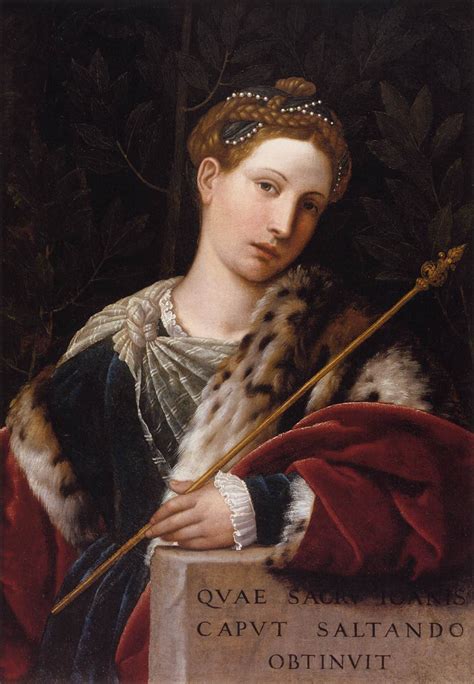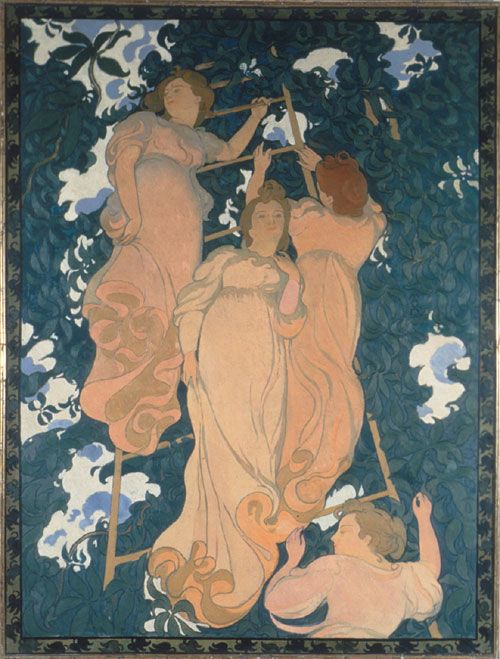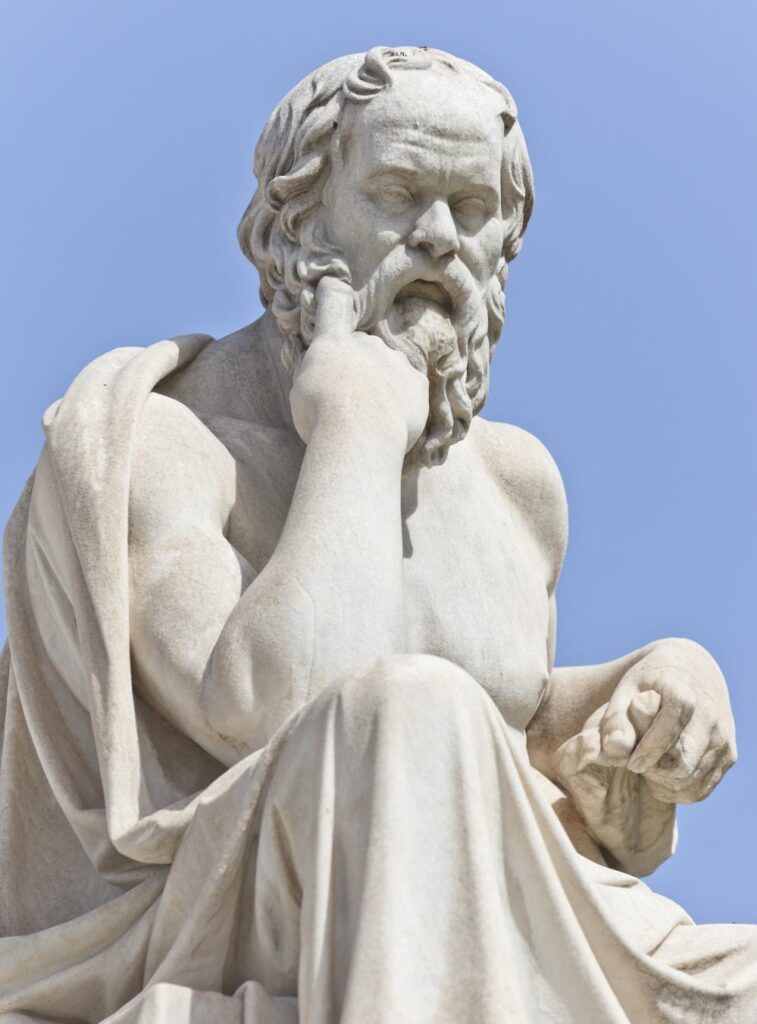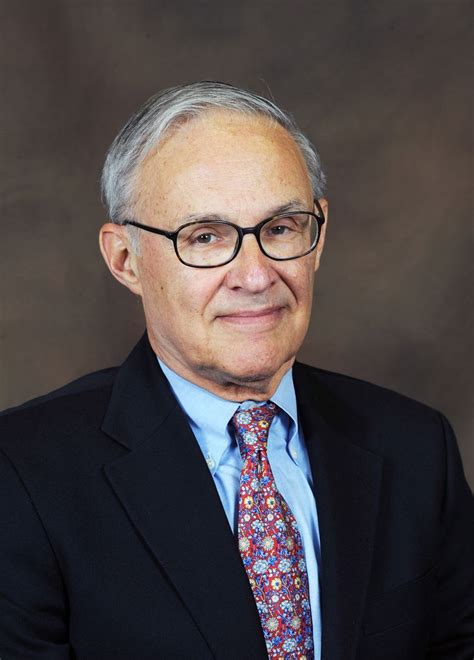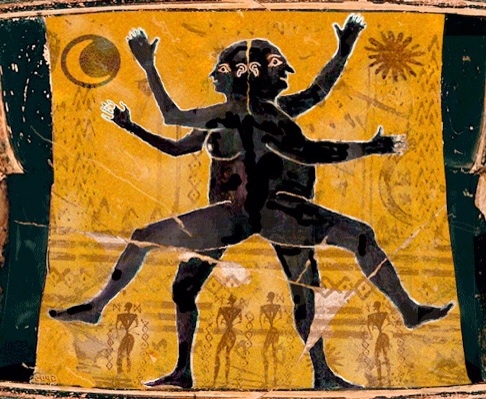By Heather Sakaki
“Rather, nature rightly understood might turn out to be a suggestive teacher.”
– Leon Kass, The Hungry Soul
In The Hungry Soul, Dr. Leon Kass accentuates the neediness of the human form and portrays it as an empty chamber in need of filling. This vacancy, he says, is caused by the potential that exists within us, “including our capacity for self-development, growth, self-maintenance, self-healing, and reproduction” (Kass 60). In The Symposium, Socrates attempts to reconcile this need and views this capacity as more of a deficiency in need of completion. He believes that it is this sense of incompleteness that motivates our natural pursuit of satisfaction and pleasure and that deeper feelings such as love and desire are often intertwined with this pursuit. The reason for this is “desire and love are directed at what [we] don’t have, what isn’t there, and what we need” (Plato 35, 200e), which means that the loved (which in this context is referring to the one who is adored) embodies qualities that the lover (the one who adores the loved) longs to possess, such as goodness and wisdom. In Dialogue on the Infinity of Love, author Tullia d’Aragona refers to this type of connection as “honest love” because the transformation of oneself into the object of one’s love is the principal aim (90). However, she argues that this kind of love is generated by both reason and desire because although the transformation is taking place on a spiritual level, the lover will still yearn for a bodily union “in order to effect a total identification with [their] beloved” (d’Aragona 90). Not only does this suggest that desire does indeed play at least a secondary role in the merging of these two forms, but also that there is a transformation process within her theory that needs to be explained. The erotic-educational relationship outlined in The Symposium can lend support in this matter. Plato’s portrayal of the teacher/pupil alliance is generated by both hunger and reason, and, similarly, d’Aragona’s vision of love is moved by the pressure and intensity of two converging forms that are diametric in quality. By rooting d’Aragona’s dialogue in Plato’s theory of the erotic-educational relationship as well as Kass’s more contemporary explanation deepening the meaning of the educational relationship and that which propels it.
In The Symposium, one of Plato’s main characters, Diotima, explores this transformation in her speech praising Eros and describes it as an ascension toward a higher understanding of beauty. For this process to be successful, however, the pupil in need of the knowledge of beauty must follow a logical path that requires the guidance of an educator who will assist them through successive stages of understanding. The pupil begins with a narrow conception of beauty based solely on what is visible. The guide then helps their pupil realize that “the beauty of any one body is closely related to that of another . . . and that it is very foolish not to regard the beauty of all bodies as one and the same” (Plato 48, 210a-210c). Once the pupil has grasped this rudimentary concept, they will be able to sense the shallowness of their former desire for one specific body type and learn to discern general examples of beauty from specific ones. Diotima says that since this lesson will lead the pupil to value minds more highly than bodies, they will be inspired to seek wise partners to mate with intellectually so that they may give birth to higher discourse. In the final stage, the guide must lead their pupil toward forms of knowledge and help them to see the beauty in these forms. If successful, this stage will instill a lifelong love of knowledge in the pupil, who will desire to give birth to many beautiful discussions, thoughts, and even “true virtue” (Plato 48, 210c-210d). Although Diotima’s theory is valuable insofar as it illustrates the role of reason in the pupil’s inner transformation, it does not explain the role that desire plays in this educational relationship or the more primal instincts powering it.
Socrates helps us to identify some of these urges through his examination of the nature of love in The Symposium, helping us to detect the eroticism fueling educational relationships. To do this, he focuses our attention, first, on the lover (pupil), emphasizing the levels of need at play, and argues that “desire is directed at something you need and that if you don’t need something you don’t desire it” (Plato 34, 200a-200b). By including the concept of “desire” in his premise, Socrates is acknowledging the bodily hunger that is also driving this quest for knowledge and the Good, which helps us to rationalize the “corporeal union” desired by lovers within d’Aragona’s theory. Given the fact that corporeal fusion is literally impossible, if the main goal of the pupil (the lover) is to transform themselves into one who has already experienced the ascent (the educator/loved one), then an unfulfilled craving to somehow ingest the loved one (metaphorically speaking) will persist in the lover. Since penetration, either physical or spiritual, is one way to merge two human bodies, the hungry/deficient soul will feel an intense need to engage in these kinds of intercourse with the soul that best embodies the things it senses it lacks. Within d’Aragona’s model, the object of one’s love is best understood as a sort of experienced educator who possesses truths the pupil is searching for. Christopher Gill, in his introductory notes on The Symposium, thinks that this type of intense, emotional partnership is most likely to charge the erotic drive that can keep the transformative quality alive in educational relationships (xxxv). Here, the “transformative quality” that Gill alludes to is the spiritual transformation of the lover (xxxv). Moreover, within these parameters, we can understand the lover’s journey as both a fall (into love) and an ascent (toward the truth), which may better communicate the diametric and often poetic nature of love.
In The Hungry Soul, Kass examines the roots of this love and the tensions that have arisen as a result of our heightened powers as a species. He says that although our tremendous cognitive capacity is largely an outgrowth of our upright posture, it is still wise to regard ourselves as animals when making inquiries into our nature as a species (Kass 75). He says that by incorporating knowledge of our primitive form into our debates about human nature, we can more honestly consider the part that fear, hunger, thirst, and lust play in our actions and how these instincts impact our more “civilized” experiences and relationships (Kass 77). Kass believes that it is, above all, the self-awareness of our capacity for development that leads to our intrinsic yearning for “both need and independence, for mutuality and separation, for engagement and detachment, for commonality and distinctiveness, [and] for harmony and opposition” (77). Other animal species are not experiencing this tension because their desires are not accompanied by the same degree of self-awareness and thus awareness of what one lacks. Since human beings are aware of their capacity for intellectual growth, they are thus drawn to partners who present an intellectual challenge for them.
In Ficino’s commentary on The Symposium, love is described as a combination of a certain “poverty and plenty” because lovers “partly have and have not what they seek” (191). This definition of love supports d’Aragona’s theory because it reflects love’s overall goal of attaining the wholeness referenced in the conclusion of her dialogue while acknowledging the separate identity and configuration of each part. Moreover, since Ficino acknowledges what the lover “partly has,” he is recognizing a level of sameness often found in lovers that many theories neglect, mostly because it is too complicated to theorize. In The Symposium, Plato’s character, Aristophanes, also believes that many people have failed to explain the power of Love (Eros) and says:
Our human race can only achieve happiness if love reaches its conclusion and each of us finds [their] loved one and restores [their] original nature. If this is the ideal, under present circumstances what comes closest to it must be the best: that is to find a loved one who naturally fits your own character. If we want to praise the god who is responsible for this, we would rightly praise Love…he lead[s] us towards what is naturally close to us. (Plato 26, 193c-193d)
When Aristophanes refers to our “original nature” in this quote, he is referring to a conjoined condition that he believes our species originated from before we were “cut in half like flatfish” (Plato 24, 191d). Because of this, he says, human beings have within them an intrinsic desire for each other to “heal [this] wound in human nature” (Plato 24, 191d). Not only does this theory align with Ficino’s argument, but it also supports d’Aragona’s initial definition of love, which is “a desire to enjoy with union what is truly beautiful or what seems beautiful to the lover” (69). Her distinction between “what is truly beautiful” and “what seems to be beautiful” invites us to contemplate the relative quality of love and the question of whether “the Good” must remain, at least in part, subjective.
Inquiry into past theories about love reveals that the quest for wisdom remains an honourable and worthy pursuit. Rather than denying the carnal urges associated with teacher/pupil partnerships, Socrates instead celebrates the eroticism that is tangled up with the desire for learning and knowing and the positions he has enjoyed in educational bonding. For Socrates, logos (reasoned speech)between two healthy souls is a kind of spiritual penetration that can bring intellectual fulfillment during these sessions of intercourse and uses dialogue to demonstrate the role of rhetoric in reproduction. Ancient philosophical dialogues on love are important texts to remember because they contain forgotten knowledge of the forms that can help us develop more complete theories on the topics that enhance the experience of our academic ascension and move us closer toward the light. If “falling into” our loved one is the only thing that may hurt us in this pursuit, let us be courageous enough to embark on the educational journey anyway to see just how high it may take us.
Works Consulted
d’Aragona, Tullia. Dialogue on the Infinity of Love. Edited and Translated by Rinaldina Russell and Bruce Merry. The University of Chicago Press, pp. 69-90.
Ficino, Marsillo. “Sixth Speech.” Commentary on Plato’s Symposium, translated by Sears Reynolds Jayne, University of Missouri, 1944, p. 191.
Kass, Leon. The Hungry Soul: Eating and the Perfecting of our Nature. Toronto, Free Press, 1994.
Plato. The Symposium. Translated by Christopher Gill, Penguin Books, 1999.
